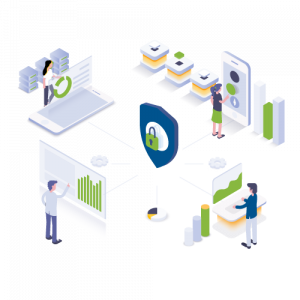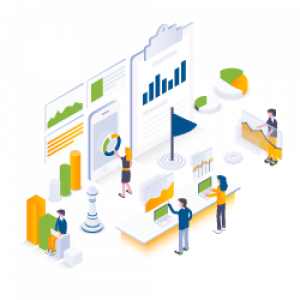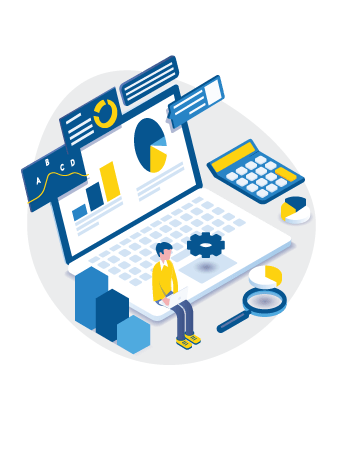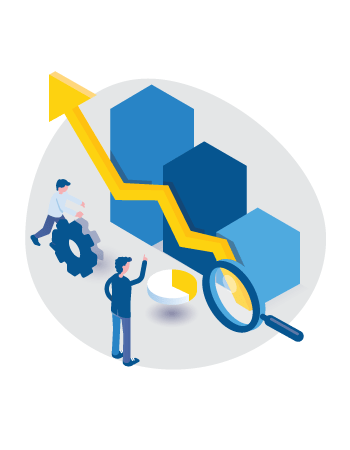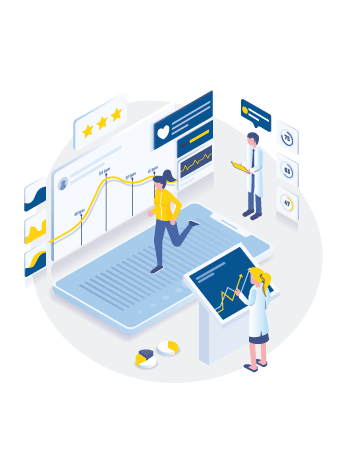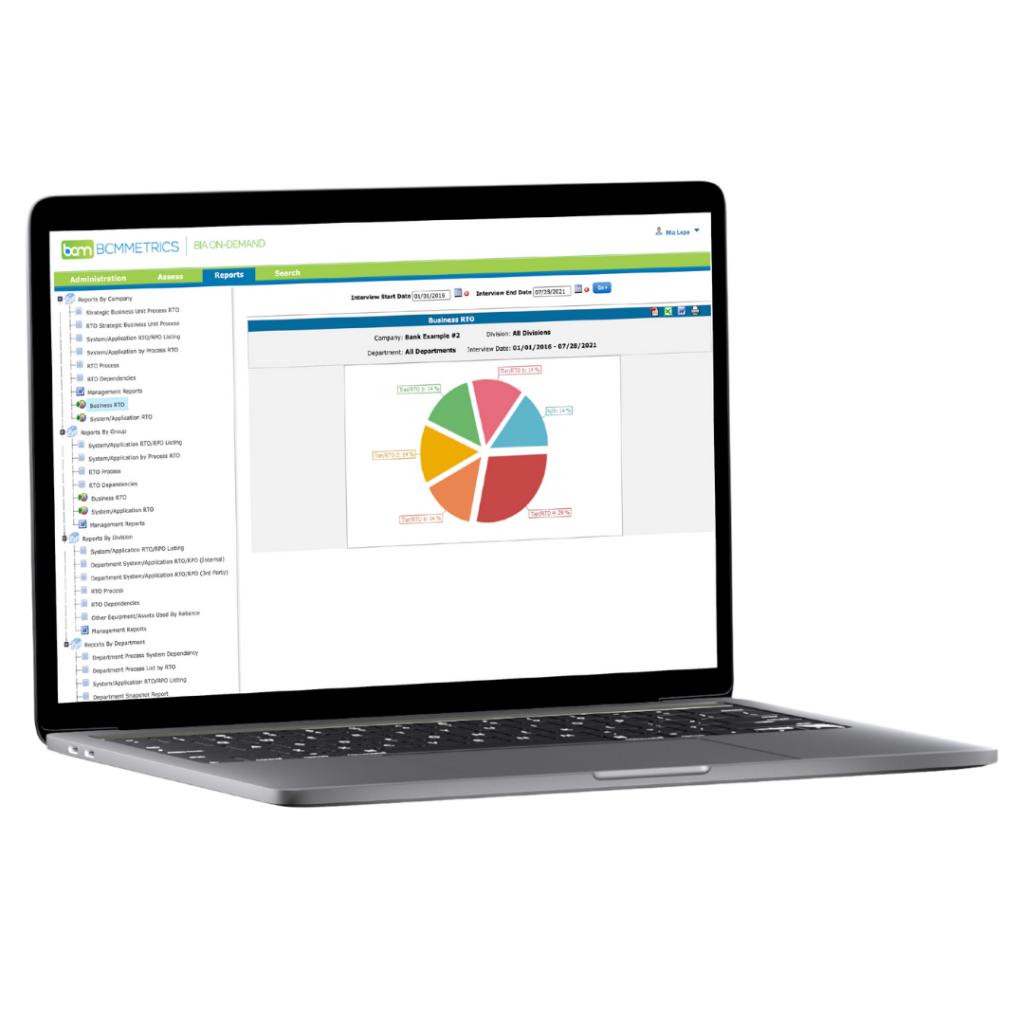Become a Master of Disaster: Educate Yourself With These Key BC Resources

Increase your business continuity (BC) knowledge and expertise by checking out this list of an even dozen top BC resources.
Business continuity is a sprawling, fast-changing, and challenging field. Fortunately, there are a lot of great resources out there that can help you in your drive to improve your knowledge and protect your organization.
Elsewhere on BCMMETRICS: A Pocket Guide to Business Continuity Management Now
In today’s post, I round up a “dynamic dozen” resources that you should be aware of in your role as a business continuity professional.
Some of these might be old friends and others might be new to you. In any case, you might find it beneficial to review the websites and other resources on this list as you update your strategies, perform risk assessments, and identify where to focus your future efforts.
Read on to become a master of disaster. And remember that the most important resource in any BC program is capable, knowledgeable, and well-educated people.
Dynamic Dozen Top BC Resources
- Ready.gov. Website of national public service campaign for disaster preparedness. From the Department of Homeland Security (DHS). Has lots of great information to help individuals prepare for emergency situations.
- Preparedness Planning for Your Business. A subsite of the DHS Ready.gov site. Provides useful information for businesses, especially for those just beginning a BC (business continuity) program.
- Prepare Your Business for an Emergency. Part of the main DHS website, separate from Ready.gov. Provides useful information for developing a preparedness program using an “all hazards” approach.
- State, county, or city emergency management offices. Most states, counties, and large cities have these offices. They have information relative to local needs, resources, and risks. They sometimes provide opportunities for community members to participate in emergency simulations. To illustrate this type of resource, here are links to the agencies in my city, Phoenix, Arizona:
- Your local first responders. The professionals at your local fire and police departments are often willing to sit down with you and talk about preparedness and emergency response. They can also help with what to include in your plan on interacting with first responders.
- Professional groups and organizations. Here are a few examples to get you going. Not a comprehensive list (or an endorsement).
- BCM and IT/Disaster Recovery publications and consultancy websites. Publications, blogs, white papers, and webinars can be a great place to start. Our sister company, MHA Consulting, has a good website and an informative blog. There are many other excellent sites, as well.
- General Data Protection Regulation (GDPR). This is the website for the European Union’s tough new consumer data protection rules, which went into effect a few months ago.
- BCM standards. There are several BCM-related industry standards that you and your organization can align to in order to provide your program with a consistent, validated approach and methodology. Here is a breakdown of the five most commonly used BCM standards:
- Business Continuity Institute Good Practice Guidelines. Industry agnostic. From the UK.
- Federal Financial Institution Examination Council (FFIEC) Standards. Originally intended for the financial industry. The most aggressive standard in the U.S. marketplace. Contains an entire section on senior management’s business continuity responsibility.
- International Organization for Standardization ISO 22301. Industry agnostic. Widely used and backed by the most authoritative standards-making body in the world.
- National Fire Protection Act (NFPA) 1600. Industry agnostic. Covers business continuity needs from end to end. Easy to understand. Gets down in the trenches with you, telling you what you should and shouldn’t do.
- National Institute Standards Technology (NIST) 800. Industry agnostic. Totally IT-focused. Says, “Here’s what you should do for your IT” in terms of making sure data is backed up properly and how to recover it. Very detailed and thorough.
- Other BC professionals. A good resource that people often overlook is their BC colleagues at other organizations. Local professional organizations provide networking opportunities that can lead you to new ideas and content. Consequently, these resources can be especially helpful with challenges or potential solutions.
- Non-BC individuals in your organization. Often, some of your best resources are within your own organization. Get to know the leaders in your company’s business, technology, and management areas. They can help with education, socialization, or issue resolution. You may be surprised at their level of understanding and ability to contribute once the important issues are understood.
- State and local universities, colleges, and community colleges. Your state, local, or regional university, or even community colleges, are often large organizations with plans and documents, in addition to people, you can leverage.
KNOWLEDGE IS POWER
Knowledge is power, as the saying goes. Power up by educating yourself about our field. And when you’re stuck for ideas, go free-diving in some of the resources listed above.
Whatever problems you are dealing with, there are better solutions and worse solutions. By reading around and talking to knowledgeable people, you can help find your way to better solutions.
FURTHER READING
For more on this and other hot topics in BCM and IT/DR, check out these recent posts on BCMMETRICS and MHA Consulting:
- You Have to Kick the Tires: Protecting Yourself Against Supply-Chain Catastrophes
- “This Is an Emergency”: Why You Should Consider an Emergency Notification System
- Top 5 Reasons Why Most BIAs Are DOA
- The Top 7 Risk Mitigation Controls, in Order
- Hanging by a Thread: Protecting Yourself from Single Points of Failure

